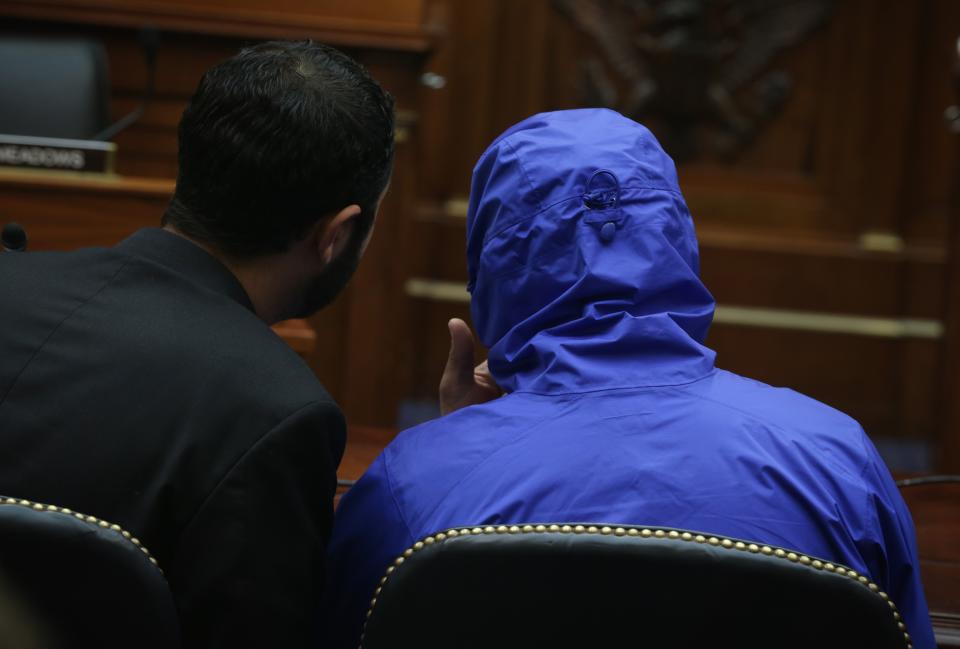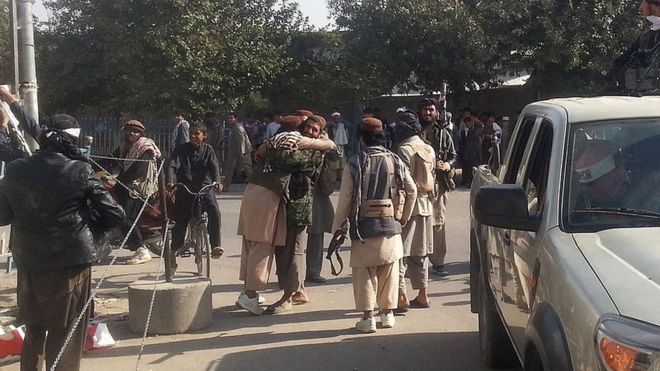by Shelby Vcelka
Impunity Watch Desk Reporter, Europe
VATICAN CITY–
Monsignor Krzysztof Charamsa, a senior priest at the Vatican, revealed he is gay on the eve of a synod on the Church’s family teachings. Monsignor Charamsa said he came out to challenge the Catholic Church’s “backwards” attitudes and traditions towards homosexuality. He also revealed that he was in a relationship, and was happy and proud of his decision. In reponse, the Vatican called his actions “very serious and irresponsible,” and subsequently stripped him of all responsibilities.

The official subject under discussion at the three- week synod is how to make sure that Catholic families will follow Church teachings. However, Monsignor Charamsa’s announcement all but confirms the existence of a “gay lobby” in the Catholic Church, and threatens to derail the synod. The undertone of the conference, nonetheless, remains whether the Church can relax its abhorrence to same-sex relationships and marriage while the Pope comments, “Who am I to judge?”
Monsignor Charamsa has not yet submitted his resignation to the Vatican, but hopes that his coming out will encourage others to push for change within the Church. During the press conference, he presented a ten-point “liberation manifesto” against “institutionalized homophobia within the Church,” which Monsignor Charamsa claims oppresses gay men in the Church, who allegedly make up a majority of the priesthood.
“I dedicate my coming out to all gay priests,” Charamsa said. “I wish them happiness even if I know that most of them will not have the courage to make the gesture I have made today. To my Church, I want to say that I reject and I denounce the current atmosphere of exasperating homophobia. Open your eyes to the suffering of gay people, to their desire for love.”
Monsignor Charamsa has been a member of the Congregation of the Doctrine of the Faith since 2003. While his fate as a priest is up to the local bishop in his home country of Poland, the Vatican has said he will no longer be a member of the Congregation.
For more information, please see—
Al-Jazeera–Vatican fires senior priest who declares homosexuality on eve of synod— 3 October 2015
BBC–Vatican acts after Polish priest reveals homosexuality— 3 October 2015
DNA–Vatican sacks gay priest after highly public coming out— 3 October 2015
Irish Times– Holy See rocked as senior Vatican priest comes out as gay— 3 October 2015


